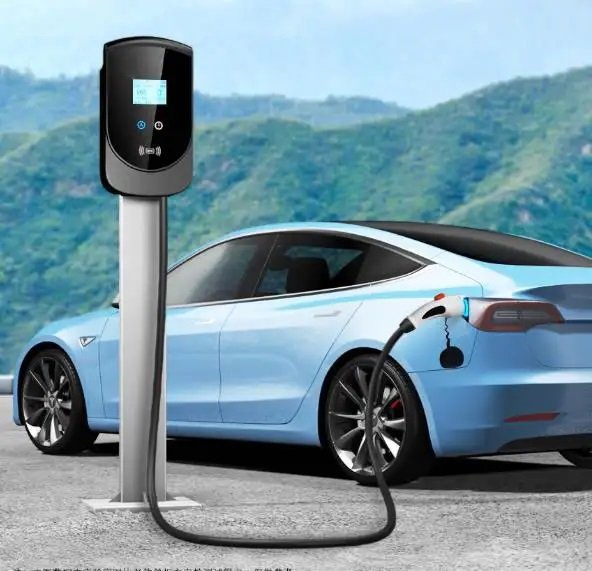With the rapid growth of electric vehicles (EVs), the development of efficient and accessible EV charging stations has become essential. These stations play a crucial role in supporting the widespread adoption of electric mobility while addressing concerns about range anxiety and charging infrastructure. Let’s delve into the latest advancements in EV charging stations and their impact on the future of transportation.
The latest generation of EV charging stations offers significant improvements in charging speed and convenience. With technologies like DC fast charging, vehicles can now be charged at a much faster rate, enabling drivers to get back on the road quickly. These high-power charging stations, often located along highways or in commercial areas, can provide a significant charge in as little as 30 minutes.
Moreover, the emergence of smart charging solutions is revolutionizing the way we interact with EV charging stations. Integrated with advanced software and connectivity features, these stations offer real-time data monitoring, payment systems, and smartphone applications that allow users to easily locate and reserve charging stations. Additionally, smart charging infrastructure optimizes power distribution, ensuring efficient energy management and minimizing grid stress.
In response to the increasing demand for EV charging, companies are focusing on expanding the charging network, both in urban areas and along popular travel routes. Public and private entities are collaborating to build a comprehensive charging infrastructure that covers residential areas, workplaces, retail centers, and public parking facilities. This network expansion ensures that EV drivers have convenient access to charging stations wherever they go, eliminating range anxiety and promoting electric vehicle adoption.
Furthermore, advancements in renewable energy integration are transforming EV charging stations into sustainable hubs. Many charging stations now incorporate solar panels and energy storage solutions, enabling them to operate on clean, renewable energy. This integration reduces the carbon footprint associated with electric vehicle charging and aligns with the goal of achieving a greener and more sustainable transportation ecosystem.
As the world embraces electric mobility, the evolution of EV charging stations continues to accelerate. The latest technologies are making charging faster, more accessible, and environmentally friendly. With ongoing infrastructure developments and increased collaboration between public and private sectors, the future of EV charging stations looks promising.
In conclusion, EV charging stations are at the forefront of the electric revolution, supporting the growth and adoption of electric vehicles. The latest advancements in charging speed, smart technology integration, and renewable energy utilization are transforming the way we charge our vehicles. With an expanding network of charging stations, the transition to electric mobility becomes more practical and convenient, contributing to a cleaner and sustainable future of transportation.

